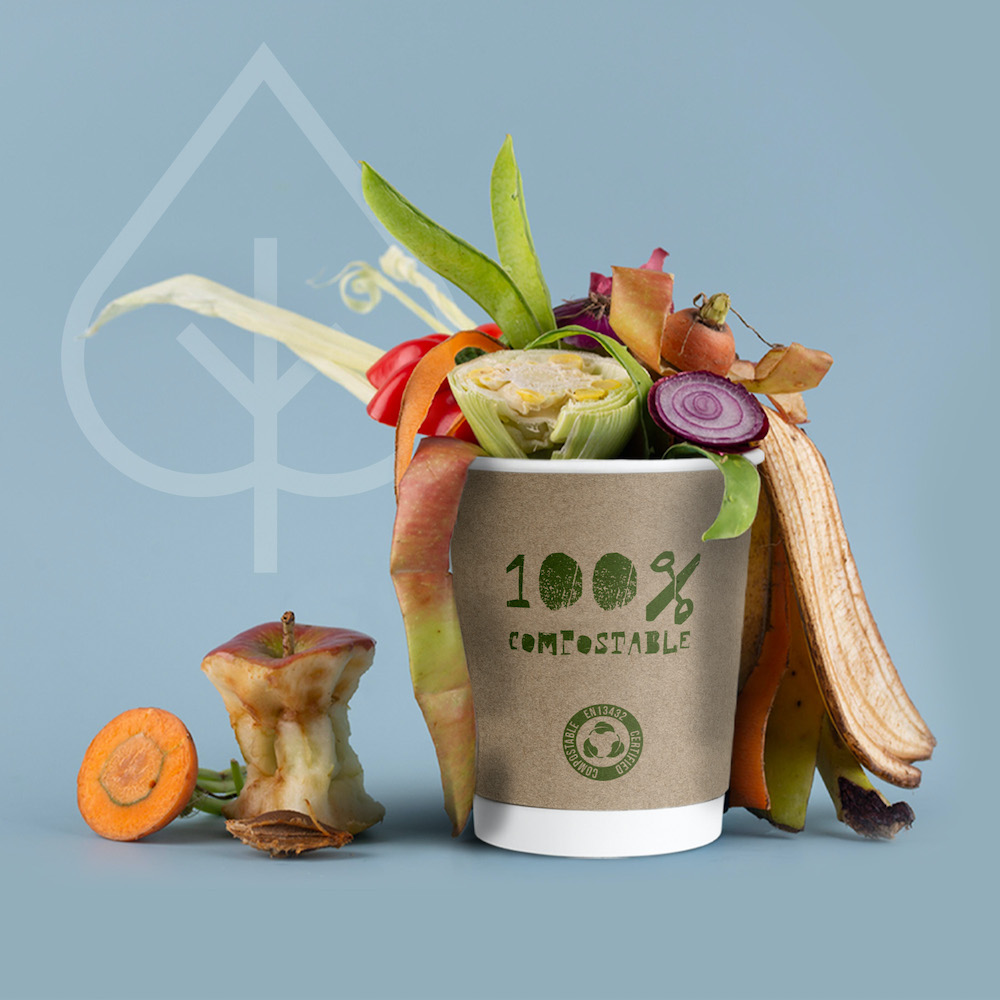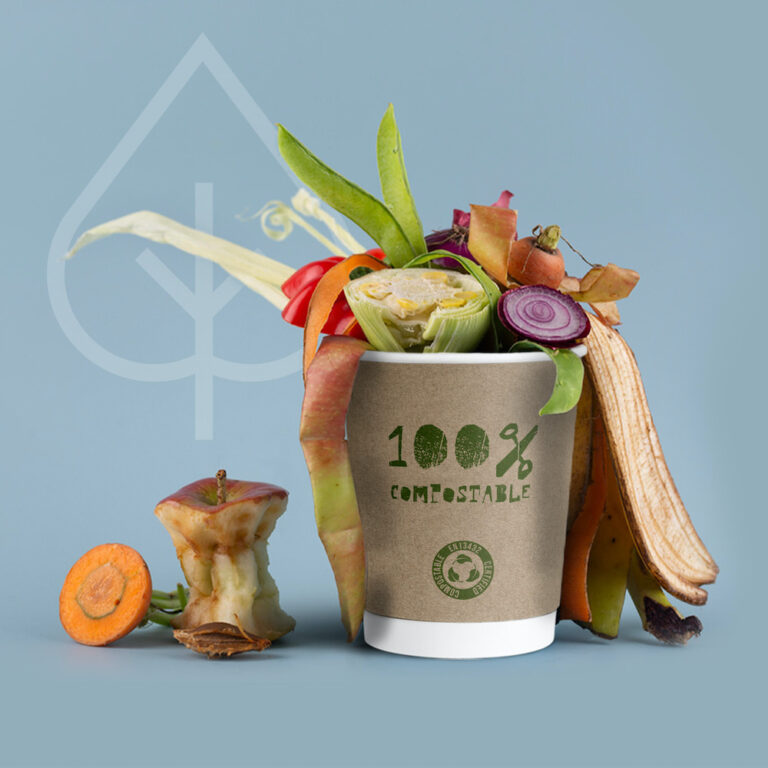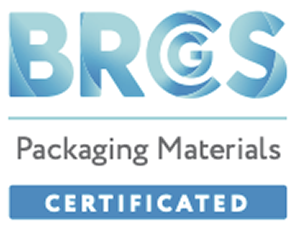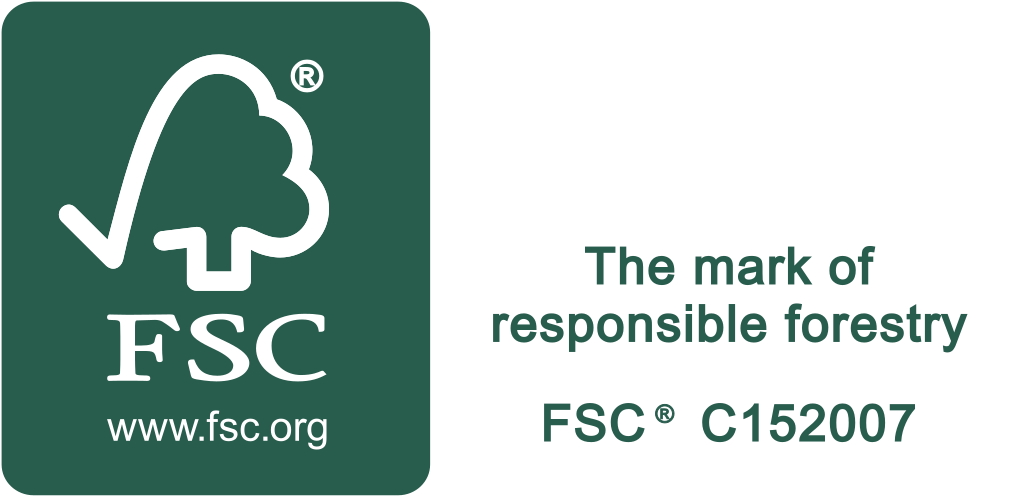Composting Standards – Why is Certification Important?
Brown Bin Friendly Waste – Industrial Composting Compliance
Your domestic brown bin scheme sends waste for industrial composting – along with commercial, foodservice waste.
That means a compostable cup – with the appropriate level of certification only – will decompose and contribute back to the biosphere.
But not all ‘biodegradable’ or compostable cups are the same – so it’s important to know what level of certification a cup has to ensure it can actually be processed and release carbon back into the atmosphere.
Industrial composting, as opposed to home composting, consists of highly controlled conditions of temperature, humidity, moisture and aeration so that waste is sanitised and that suitable biomass is produced for safe use such as gardening or agriculture.
This is generally carried out at scale by specialist facilities.
The criteria for the industrial compostability of packaging are specified by European standard EN 13432.
This standard particularly addresses the decomposition of the plant-based (as opposed to fossil fuel) plastics used, rather than just the natural paper fibre.
EN 13432 demands that compostable plastics disintegrate after 3 months and completely biodegrade after six months.
The remaining materials are converted into H20 and biomass – for suitable quality compost. This usually occurs after just 90 days.
Only materials and products that can comply with this standard can be certified and labelled accordingly.
A positive of composting is that residue and ‘contamination’, for example from coffee grounds or liquid staining, does not matter and can be still be processed.
What’s the difference between Compostable and Biodegradable?
Products labelled as either compostable or biodegradable both require controlled, industrial conditions of oxygen, water, fungi and bacteria to ensure degradation can occur.
Truly Compostable products leave only organic matter, all of which can be reused safely.
Biodegradable matter can have residues of non-organic matter, (such as metals) and items labelled as ‘biodegradable’ often do not specific how long this breakdown will take – so definitely question the credentials of such labelling.
Compostable paper cups are a strong solution to ensure that all material is returned to the biosphere.
What are Compostable Cups by Cup Print Made Of?
- Compostable paper coffee cups use a plant-based PLA (Polylactic Acid) bio coating as a moisture barrier
- Cup Print only use PEFC and FSC-certified sustainable-forestry-sourced virgin paper fibre materials for cup inners (virgin paper is used inside Double-Wall cups for hygiene purposes) and certified recycled material for Double-Wall outer layers
- All Cup Print products are produced in their BRCGS AA-rated High Hygiene manufacturing facility, from which 100% of manufacturing by-product is sent for recycling and uses 100% certified sustainable energy
- Cup Print PLA cups are 100% compostable in industrial composting conditions, certified to EN13432 and, in many countries, can be gathered together with food waste collecting schemes and many domestic ‘brown bin’ waste streams
- Compostable Paper Cups deliver a sustainable option for serving popular warm drinks
- Cup Print also produce industry-leading, REPAK Award-winning certified-as-recyclable paper cups, the first and only paper cups to achieve AAA certification by the Institute cyclos-HTP in conjunction with the European Green Dot scheme.





